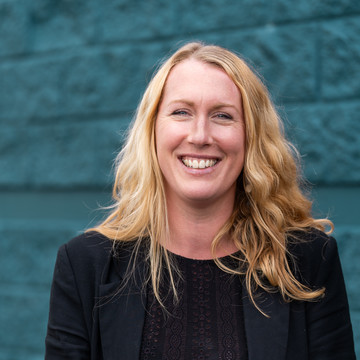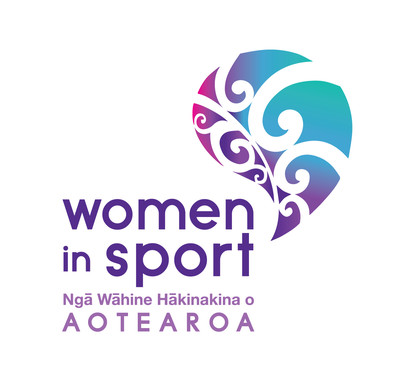Whanake o te Kōpara case study - Daneka Geaney-Jones Hear from WOTK participant Daneka on her reflections post Wānanga tuarua

Daneka's story - in her own words
Coming into Wānanga 2 I actually had mixed feelings. This was because I had stuff going on in my personal life, as well as high stress at mahi. This was making me worry I wouldn’t have the energy to give it, that I’d be feeling emotionally vulnerable, and that I’d walk away from the wānanga straight back into another week of mahi feeling more depleted.
I couldn’t have been more wrong, and it ended up being quite the opposite.
I walked away from wā 2 feeling tau, revitalized, re-energised and actually more confident and inspired to face the challenges in both my personal and mahi worlds.
It’s hard to describe W.O.T.K’s impact so far in mere words, because the impact for me is felt on a wairua level. It is due to the safe space that is created and upheld by each individual in our rōpū. So in saying this, I will do my best to describe this in words.
Once everyone was back together it felt like we went back into a natural flow easily. Adrenalin forest was a great activity to start on because it pushed us out of our comfort zones and encouraged both communication and team-work through cheering each other on and celebrating fears faced for some.
We then heard from Merran about her different experiences in the sector, I felt the experiences and teachings were easily transferable across to my mahi in the mental health sector. I think hearing someone’s lived or personal experiences is invaluable.

Ending our afternoon with Mau Rākau was a great way to expel any pent up energy from the classroom session and to get connected with our bodies and to feel rooted in Te Ao Māori, which is always important and an opportunity I think many of us do not get enough.
Cutting to day 2, in the interest of not dragging on. I think what I found to be most impactful was Junior’s kōrero and workshop.
I felt humbled, inspired and grateful to connect and hear about his mahi.
In particular, I have continued to reflect when working with rangatahi, whānau or community on making sure I ask myself: Am i doing this with them, about them, or for them?
Through the activities we did I realised that we are often always time poor, and so cut corners by making assumptions about what is best for the people we are serving. We might have the best of intentions in doing so but it was still very humbling to reflect on this.
I do believe every activity had a part to play in the outcome of the weekend but I will speak to the most impactful part of day 3 for me, which was the spoken poetry workshop with Daisy. At this point a safe space had already been created within the group, but on top of that Daisy facilitated this workshop in a way that created even more of a feeling of safety and not only helped all of us to connect on a deeper level with each other but I would say helped me to connect on a deeper level with myself. Allowing space, and having a tool to get words, feelings, and emotions out of paper was relieving and felt like a weight had been lifted off my shoulders.
Although there was a sense of heaviness due to high emotions in the room, there was an even bigger sense of comradery, and a level of respect that we would all hold each others vulnerabilities with care and compassion.

In conclusion – A question that may arise is, couldn’t these connections have been made and fostered between young women without W.O.T.K? Couldn’t we tap into other sources for these learnings?
My answer would be that I strongly believe no.
I stand by my reflection after that first wānanga that it was the first positive experience I’d had with a larger group of young women ever.
So many little, key things go into creating and fostering this environment and all work in unison, like the elements in tetramapping to create the overall experience.
Getting a group of young, like-minded wāhine from across the motu in a space together is one thing, but the facilitators themselves, the content and the whanaungatanga that is created is a completely unique experience that I feel is special and individual in many ways to W.O.T.K
I would hope so many other young women are given the opportunity to participate in W.O.T.K because not only will it benefit and impact so many individuals, but I already know the positive ripple effect it will have on their surrounding peers, communities and so forth.



































































































































